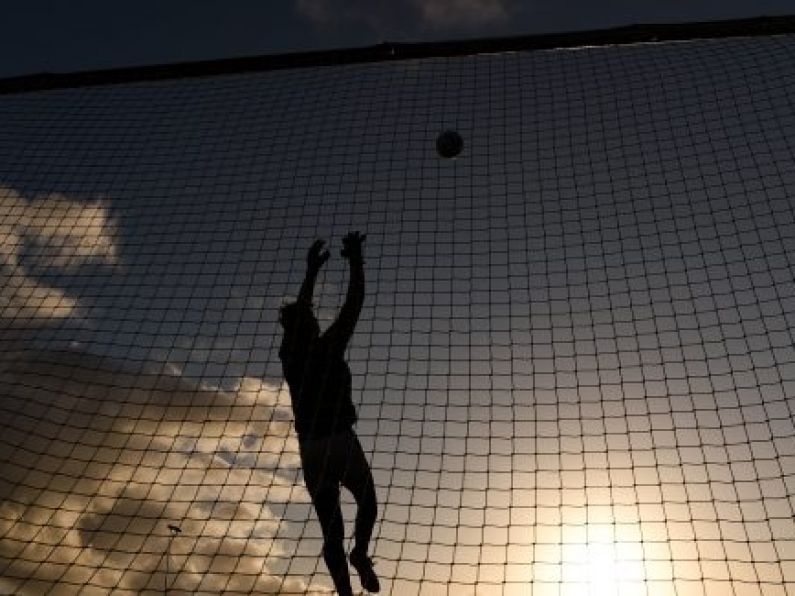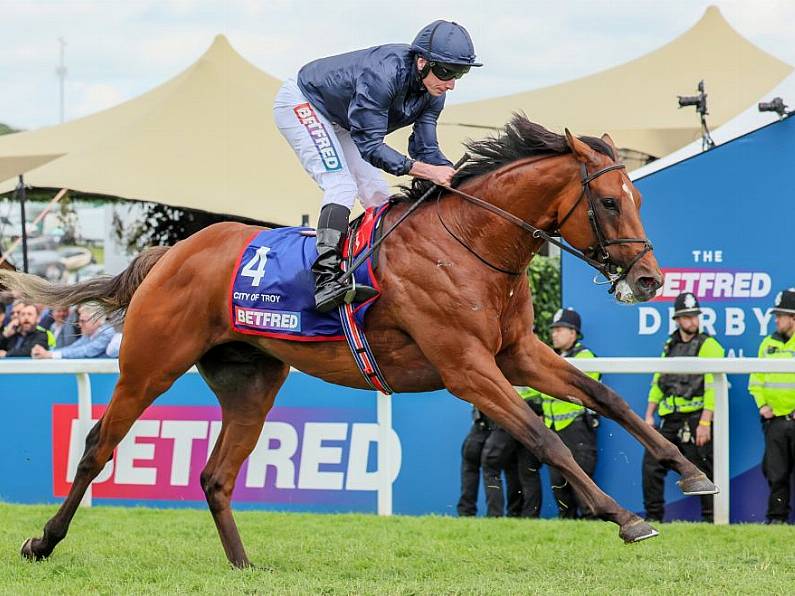Nearly nine out of 10 GAA players reported binge-drinking during the off-season.
New research from the Economic and Social Research Institute (ESRI) also shows that the same proportion take supplements and are recommended to do so by teams.
However, many players source their supplements from outside of the inter-county set-up (eg on the internet) and more than half indicated that supplement use is monitored within their team.
They are highly educated, with 61% having at least a university degree, which compares to around a third of other men of the same age.
However, they also found that 80% of players had difficulty balancing the demands of studying and playing during their course.
Dr Elish Kelly from the ESRI said GAA players drink more alcohol in one sitting than other men.
Dr Kelly said: "What we've found is that the proportion of players that consume alcohol is similar to the general male population of the same age, but they tend to consume higher quantities of alcohol when they do drink, so there is more drinking taking place in the off-season and the pre-season."
Paul Flynn, Gaelic Players Association CEO, said: “The report’s findings under the key themes of Educational Experience and Educational Choices will prove to be a valuable resource. As we strive for a modern form of sustainable amateurism where players understand the importance of their career outside of the game, and how to balance this with their inter-county commitments, this information is hugely beneficial.”
“The report also underlines the need for a robust range of player development supports from the GPA.
It shows us there is a growing need for more education and information for players about their roles and responsibilities as inter-county players, particularly around supplement usage and alcohol consumption.
“Encouragingly, our own research tells us that players who are actively engaged in their own personal development through GPA programmes are less likely to engage in risky behaviours in these areas and benefit from a better-balanced lifestyle.”






